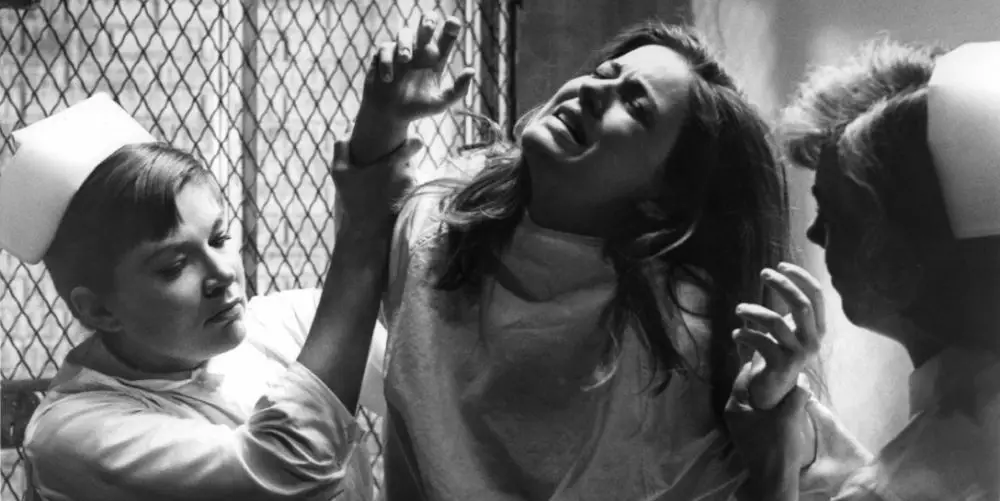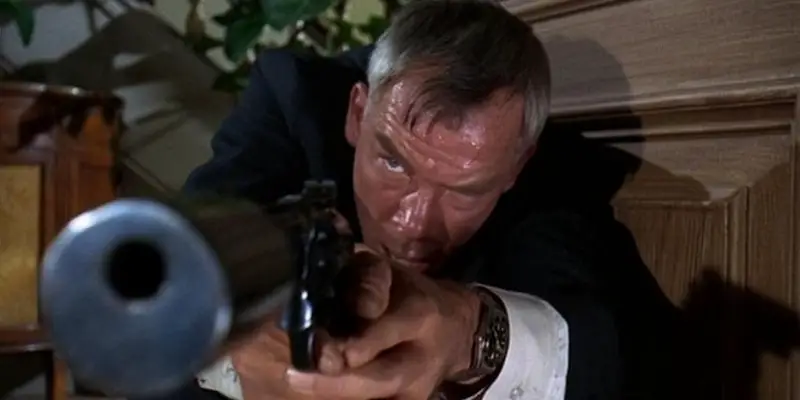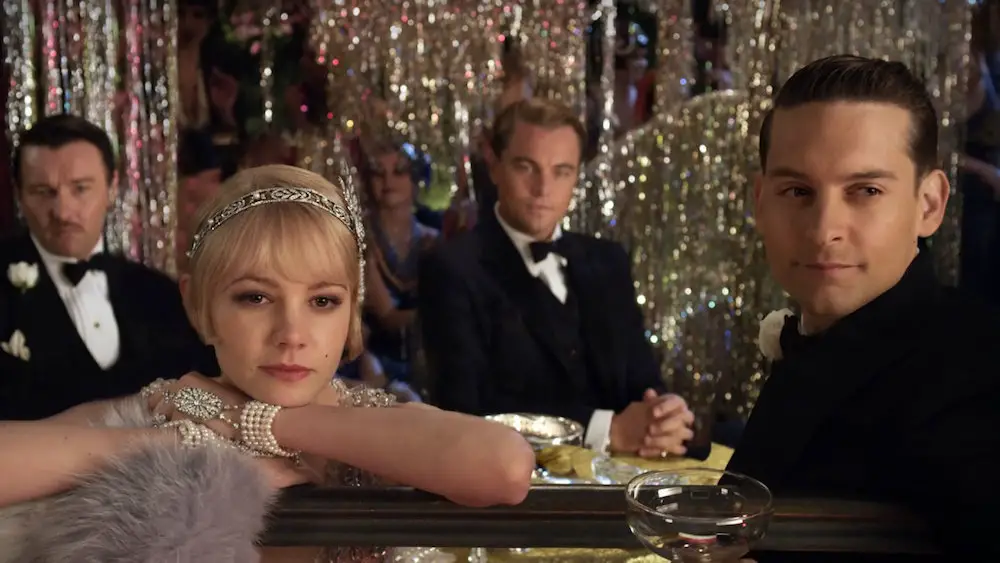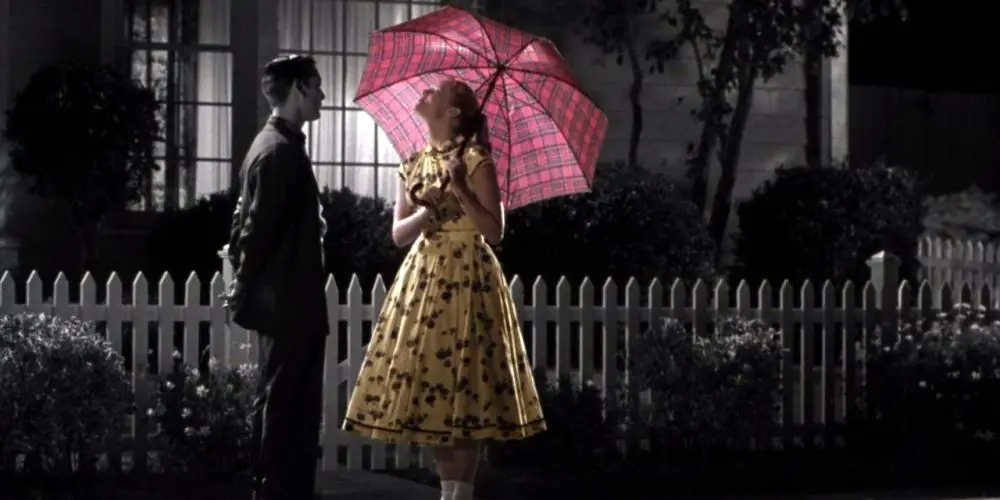drama
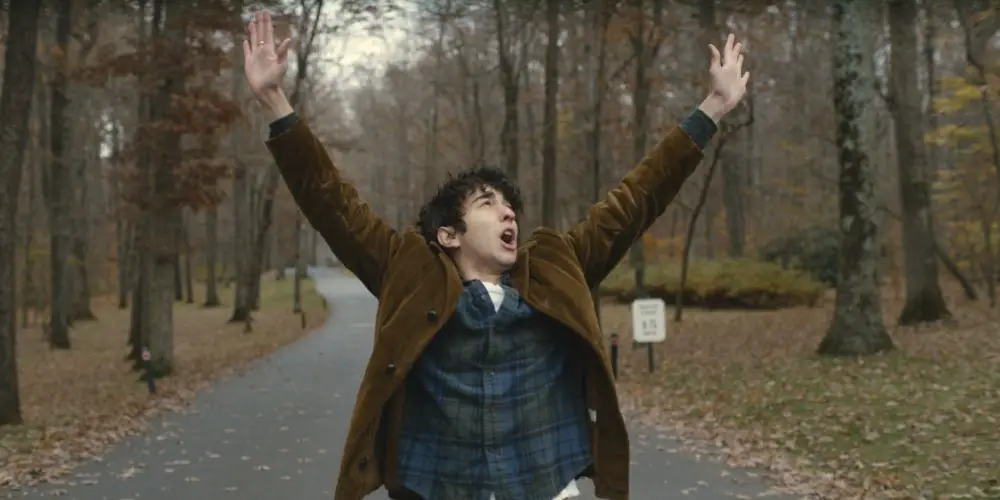
Based on the real life personal experiences of writer and director James Steven Sadwith, Coming Through the Rye offers a strange and circuitous coming of age teen drama about a young boy named Jamie Schwartz who seeks out the reclusive author of “The Catcher in the Rye”, J.D. Salinger, in 1969 New Hampshire.
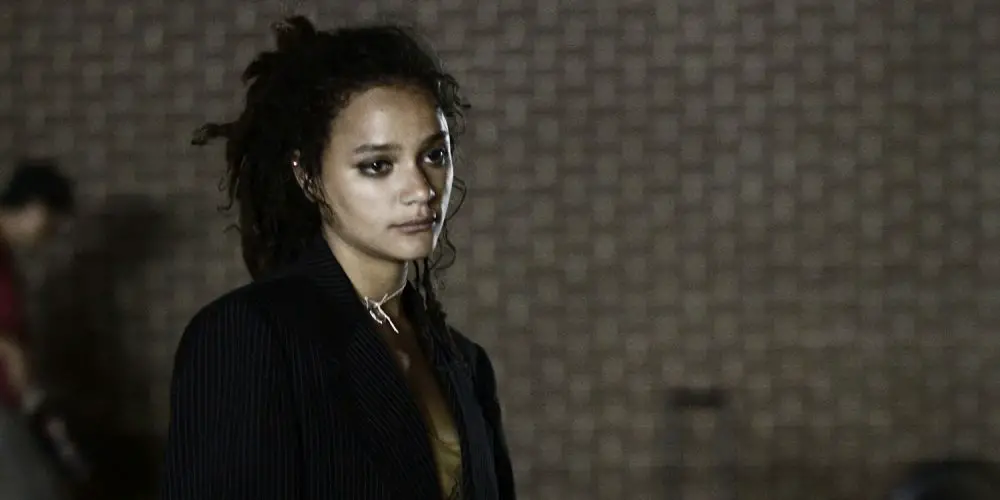
Andrea Arnold is without a doubt cinema’s leading creator of stories depicting the trials and tribulations of working class women, with an entirely non-judgemental eye. Translating her social realist style across the Atlantic, keeping the inherent themes relevant to the lower classes intact, would seem close to impossible, although due to an unfortunate stroke of luck, the Presidential election has made the general idea of class in an overwhelmingly middle class country relevant yet again. Many audiences have been so transfixed by the way Arnold and her long-term cinematographer Robbie Ryan have captured the sweeping vistas of America, a world completely alien to the council estates of earlier films Red Road and Fish Tank, that they have seemed to ignore the fact this is unmistakably a distinctive piece of work.
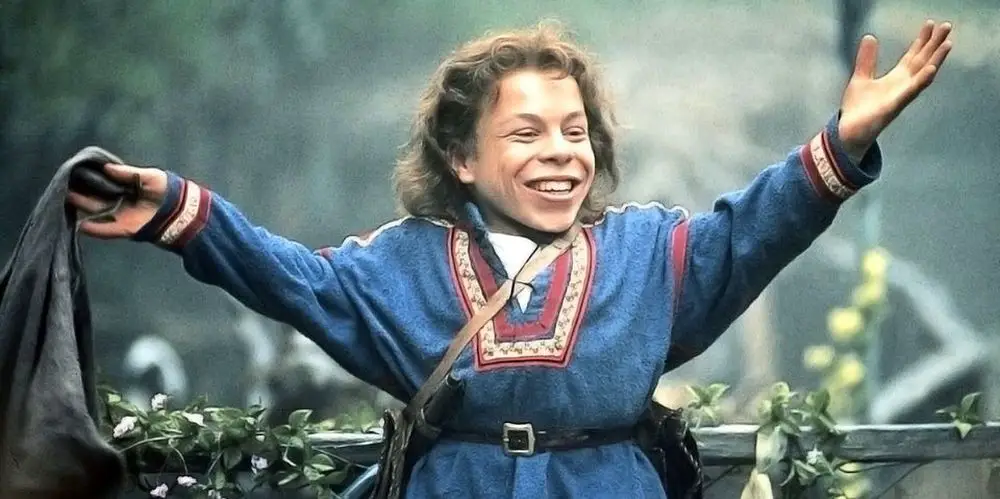
Willow has a special place in many film lovers’ hearts. Many of those who love the 1988 fantasy epic saw it as children, and at that young age, the film was possibly the greatest cinematic achievement they had ever seen. There were unlikely heroes, wondrous creatures and imaginative magic filling nearly every frame.
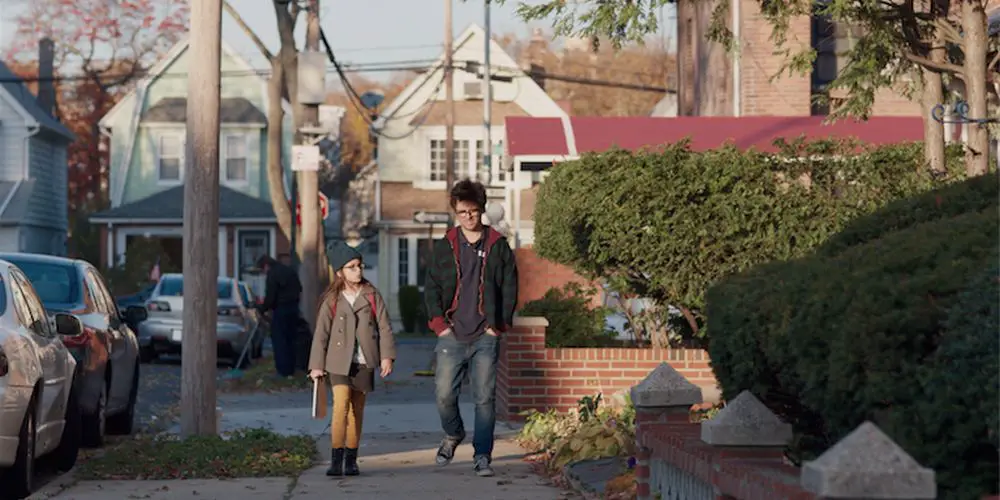
A midlife crisis is roughly defined as a period of anxiety and disappointment reflecting on your past as you approach middle age. Those going through a midlife crisis are noted to act irrationally compared to their previous behaviour in a need to get out of a self-perceived rut. It has often been noted that no two people react to the dawning of maturity in the same manner, even if the cause of the anxiety is always the same.

Bleak thrillers that satirize the modern nuclear family seem to be increasing in popularity in recent years. The most prominent example would obviously be Gone Girl, based on Gillian Flynn’s novel of the same name and directed by David Fincher. The latest film that could classify within this subgenre is The Girl on the Train, which contains many similar elements to Gone Girl, including a mysterious disappearance of a woman, which the film’s events revolve around.
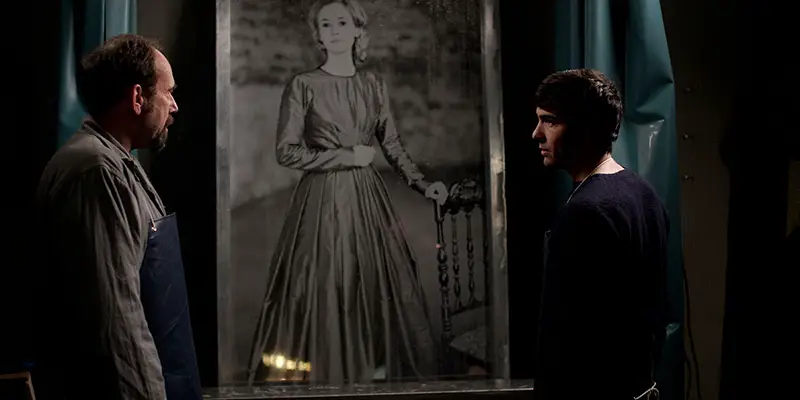
When the title card appears in Daguerrotype, it announces the film as “Le secret de le chambre noire”. That title reflects the film’s goals as a dark, foreboding ghost mystery, and it probably does so better than the title “Daguerrotype” does. But what I like about the title Daguerrotype (misspelled though it might be), is that it refers to the most interesting part of the film:
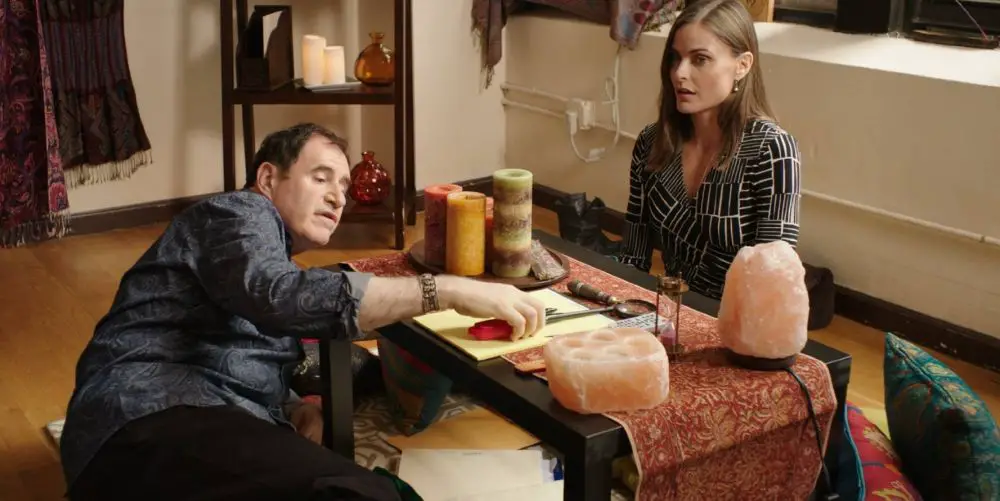
Sometimes when a movie starts off slow, it picks up and has a good pay off in the end which makes the slow and boring parts forgivable. That’s not the case for Detours, written by Mara Lesemann and directed by Robert McCaskill. The film stars Tara Westwood and Carlo Fiorletta with cameo appearances by Paul Sorvino and Phyllis Somerville.
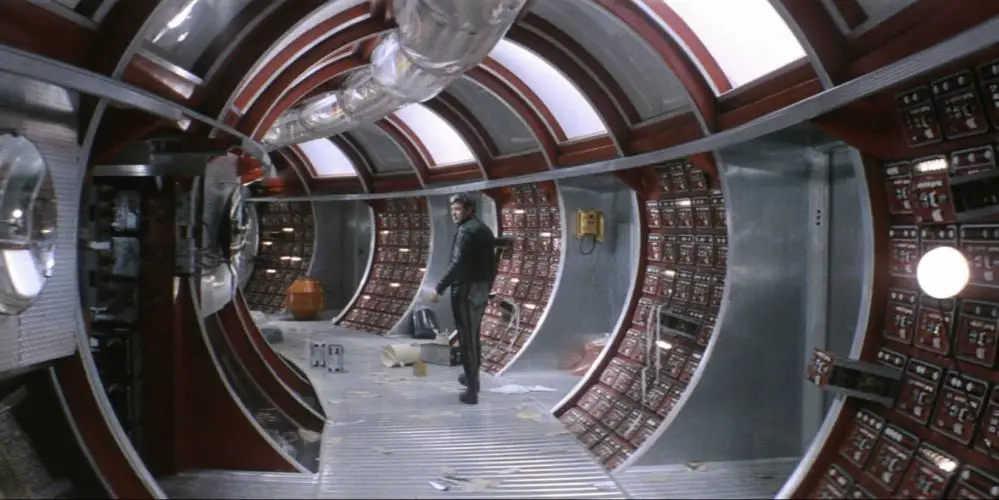
In Tarkovsky’s 1972 film Solaris, Kris Kelvin (played by Donatas Banionis) journeys to a space station on the sentient planet Solaris in order to investigate whether the planet is still useful for scientific inquiry. Critics at the time considered Andrei Tarkovsky’s 1972 film as the Soviet answer to Stanley Kubrick’s famed 1968 film, 2001: A Space Odyssey.
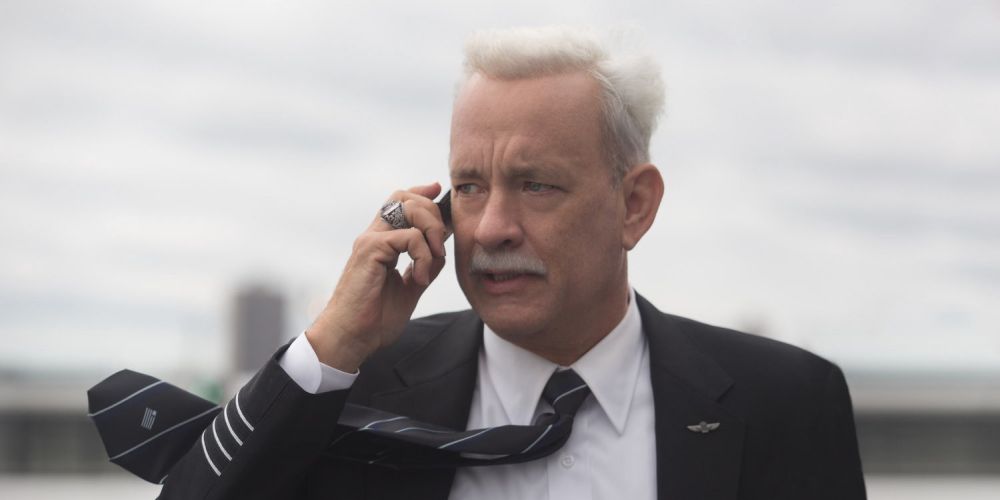
I still fondly remember the day that was subsequently christened the “Miracle on the Hudson”, when it was discovered that a plane successfully landed on the Hudson River after an incident in the air when both engines were destroyed. Amazingly, everyone on board survived. It was one of the first times I had heard of something like this happening, and I would say that most of America, if not the world, was equally spellbound.
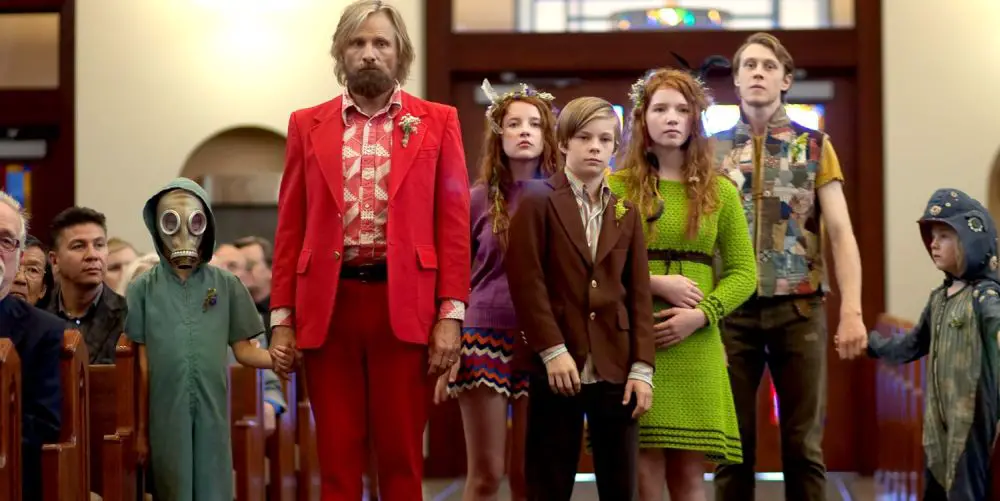
To title your film with the superlative ‘Fantastic’ is playing with fire. Firstly, in this age of Marvel’s silver screen domination and DC’s valiant attempts to catch up, it would be understandable for any jaded cinema-goer to skip this one, expecting another facile, spandex-clad superhero epic; secondly, if it fails the headlines write themselves, and every movie critic worth their salt would crowbar in a reference to the irony of the film’s title. Luckily, Matt Ross’ sophomore effort Captain Fantastic, following 2012’s 28 Hotel Rooms, will have few critics drawing knives, and anyone eagerly searching for an antithesis to the recent barrage of superhero blockbusters in cinemas will be satisfied, if not delighted, when the credits roll.


